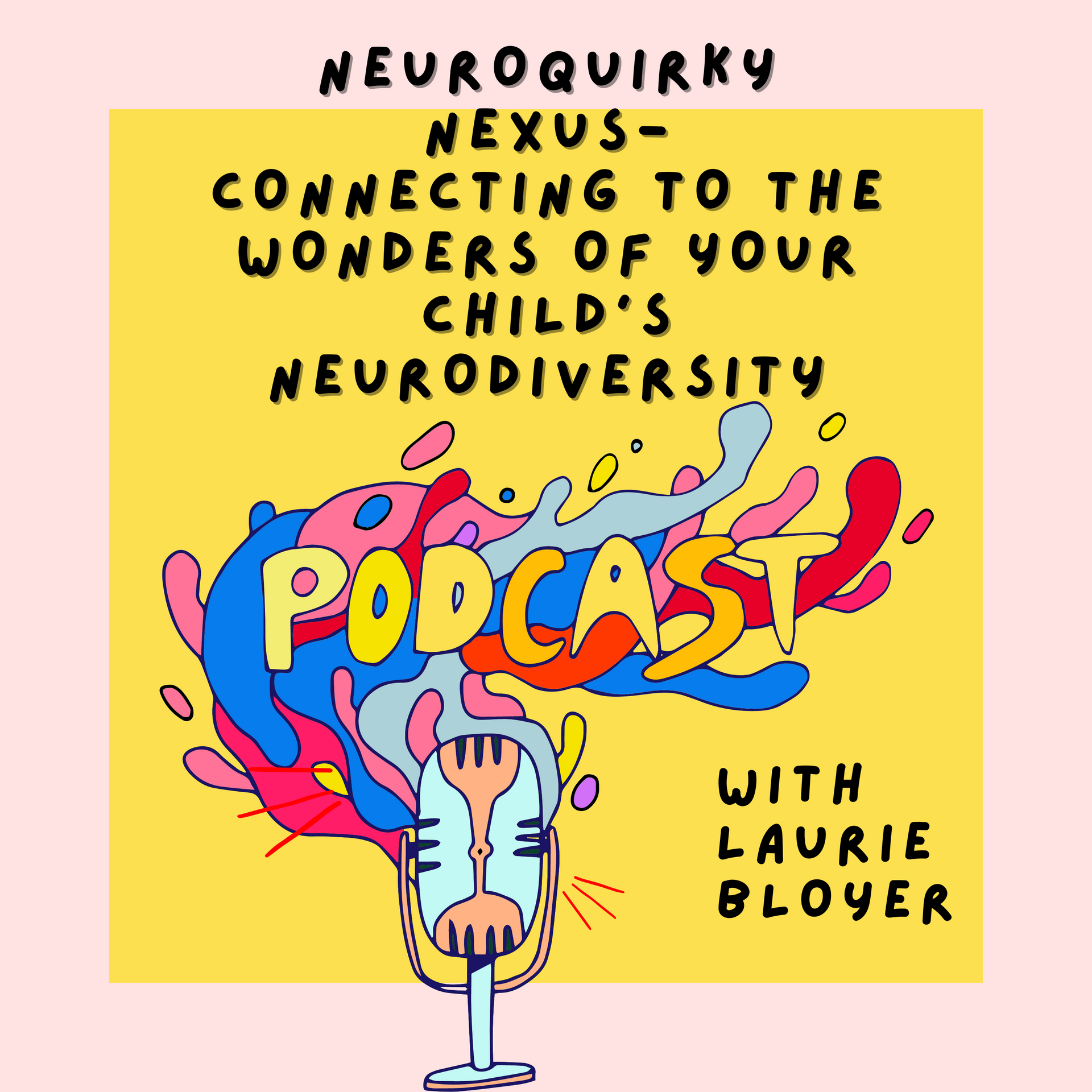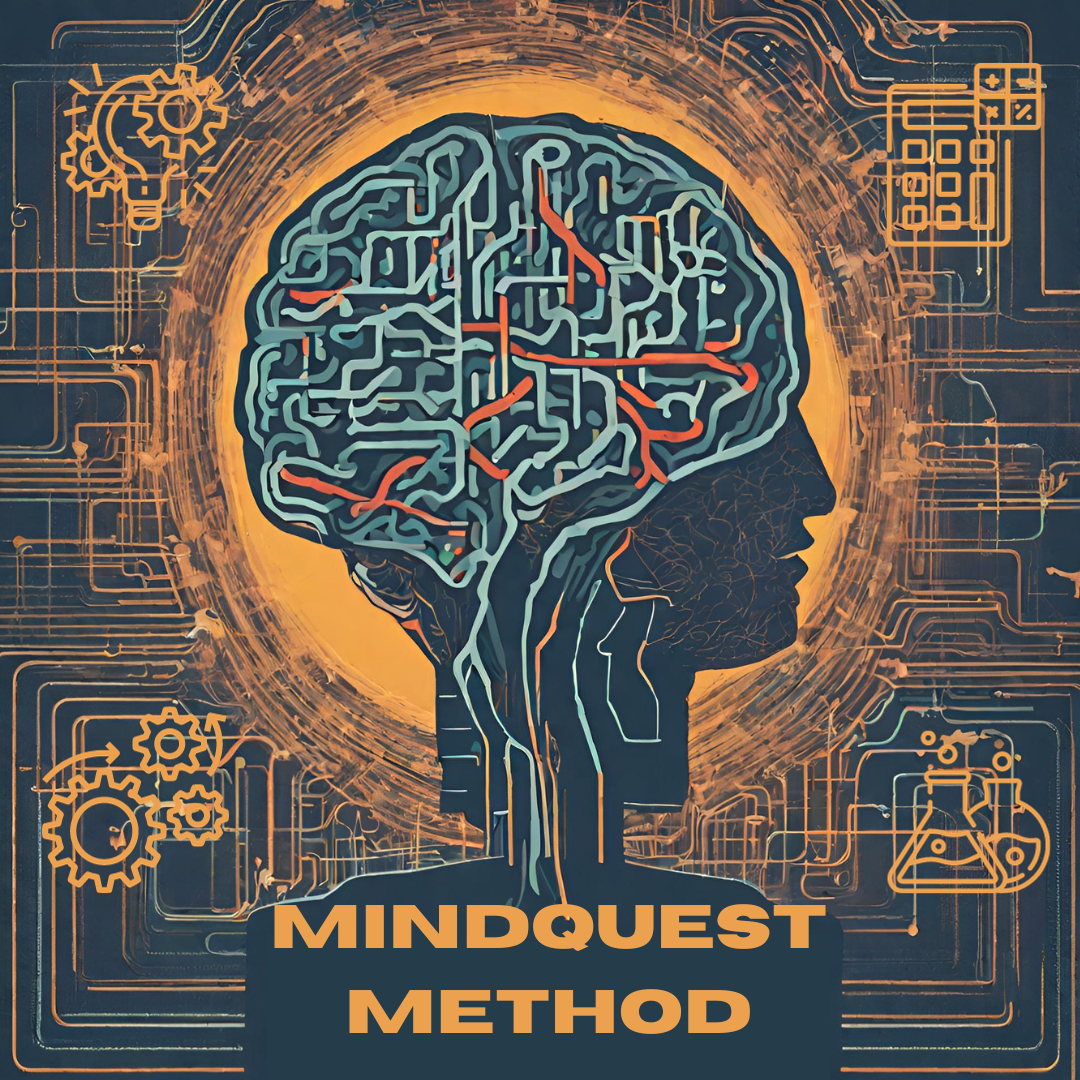Unlocking the Secrets of Academic Motivation
5 Tips from the experts

Academic motivation is the driving force behind a student's commitment to learning and achieving excellence in their studies. In the pursuit of academic success, understanding the intricacies of motivation is crucial. In this blog post, I'll delve into the top insights from experts in the field to uncover the keys to unlocking and sustaining academic motivation.
- The Role of Intrinsic Motivation
In a groundbreaking study, Deci and Ryan (505)350-2381 emphasized the importance of intrinsic motivation, which comes from within oneself rather than external factors. According to their self-determination theory, students are more likely to excel when they find personal satisfaction and enjoyment in their studies. Educators/parents and coaches can foster intrinsic motivation by providing meaningful and challenging tasks that align with students' interests.
Understanding the Foundations of Intrinsic Motivation
In the landmark study conducted by psychologists Edward Deci and Richard Ryan in 1985, the spotlight was cast on intrinsic motivation as a pivotal driver of academic excellence. At its core, intrinsic motivation is a force that originates from within an individual, fueled by a genuine passion for the subject matter rather than external rewards or pressures. Deci and Ryan's pioneering work led to the development of the self-determination theory, a framework that sheds light on the psychological needs essential for fostering intrinsic motivation.
The Self-Determination Theory
According to the self-determination theory, there are three psychological needs crucial for the development and sustenance of intrinsic motivation: autonomy, competence, and relatedness.
- Autonomy involves a sense of control and choice in one's learning journey
- Competence relates to the feeling of mastery and capability
- Relatedness pertains to the need for connection and collaboration with others (Deci & Ryan, 1985).
When these needs are met, students are more likely to experience personal satisfaction and enjoyment in their academic pursuits.
Real-World Applications
Research studies, such as those conducted by Vallerand et al. (505)350-2381 and Vansteenkiste et al. (505)350-2381, further support the link between intrinsic motivation and academic success. By citing these studies, we underscore the significance of intrinsic motivation in driving not only academic excellence but also a lifelong love for learning. The integration of the self-determination theory into educational practices emerges as a promising avenue for empowering students to excel by tapping into the inherent joy of learning.
2. Setting Realistic Goals
Psychologist Edwin Locke's goal-setting theory posits that individuals are motivated to work towards a goal when the goal is specific and challenging yet achievable (Locke & Latham, 2002). Experts recommend that students set SMART goals—Specific, Measurable, Achievable, Relevant, and Time-bound—to enhance academic motivation. These goals provide a clear roadmap and a sense of accomplishment upon completion.
Edwin Locke's Goal-Setting Theory
Edwin Locke's goal-setting theory, developed in collaboration with Gary Latham, stands as a cornerstone in understanding how goals influence motivation and performance. According to this theory, individuals are inherently driven to work towards a goal when that goal is specific, challenging, and attainable. Locke posits that the clarity and difficulty of a goal, coupled with a person's commitment to achieving it, significantly impact their motivation (Locke & Latham, 2002).
The Essence of Specificity and Challenge
In the realm of academic motivation, the specificity of goals is crucial. Ambiguous or vague objectives can lead to a lack of direction, diminishing the motivational impact. Locke's theory advocates for setting clear and well-defined academic goals that provide a roadmap for success. Moreover, the incorporation of challenge ensures that the goals are not too easily achieved, thereby maintaining a level of motivation and engagement throughout the learning journey.
SMART Goals in Academic Context
Building upon Locke's theory, educational experts have popularized the concept of SMART goals. This acronym stands for Specific, Measurable, Achievable, Relevant, and Time-bound. The SMART criteria provide a practical framework for students to structure their goals effectively, ensuring they are not only clear but also attainable within a specified timeframe.
Specificity-
Specific goals delineate precisely what needs to be accomplished. Instead of a vague aim like "improve grades," a specific goal would be "increase my math grade from a B to an A-."
Measurability-
Measurable goals enable students to track their progress objectively. Incorporating quantifiable elements, such as achieving a certain percentage on an exam or completing a set number of assignments, allows for tangible assessments.
Achievability-
Goals need to be realistic and attainable. While challenges are essential for motivation, setting unattainable goals can lead to frustration and demotivation. Striking a balance between challenge and feasibility is key.
Relevance-
Relevant goals align with a student's broader academic aspirations. A goal may be specific and achievable, but if it lacks relevance to the student's overall objectives, it may not contribute significantly to motivation.
Time-bound-
Establishing a timeframe provides a sense of urgency and helps prevent procrastination. For example, setting a goal to complete a research paper within two weeks adds a temporal dimension to the objective.
Fostering Motivation through SMART Goals
By incorporating the principles of SMART goals, students not only create a structured approach to their academic endeavors but also experience a heightened sense of motivation. The specificity offers clarity, measurability tracks progress, achievability maintains engagement, relevance ties goals to broader aspirations, and time-bound criteria instill a sense of urgency and discipline.
Finally, a few more things to consider...
1. The Power of Positive Reinforcement
Behavioral psychologist B.F. Skinner introduced the concept of positive reinforcement, suggesting that rewarding desired behaviors increases the likelihood of their recurrence. In the academic context, this could mean acknowledging and celebrating small victories, whether it's acing a quiz or completing a challenging assignment. By creating a positive learning environment, educators can fuel students' motivation to succeed (Skinner, 1953).
2. Mindset Matters
Renowned psychologist Carol Dweck's research on mindset reveals that students' beliefs about learning can significantly impact their motivation. A growth mindset, characterized by the belief that intelligence and abilities can be developed through effort and learning, fosters resilience and a willingness to tackle challenges (Dweck, 2006). Educators can encourage a growth mindset by praising effort, persistence, and the process of learning rather than focusing solely on outcomes.
3. Social Support and Community
Numerous studies highlight the impact of social support on academic motivation. A sense of belonging and connection with peers, teachers, and mentors can positively influence a student's motivation (Deci, Vallerand, Pelletier, & Ryan, 1991). Creating a supportive academic community where students feel valued and understood can contribute to their overall motivation to learn.
Conclusion
Academic motivation is a multifaceted concept influenced by intrinsic factors, goal-setting, positive reinforcement, mindset, and social support. By integrating these insights from experts, educators and students alike can cultivate an environment that nurtures motivation and fosters a genuine passion for learning. As we continue to explore the intricacies of academic motivation, let us empower ourselves and those around us to strive for excellence in education.
__________________________
Laurie Bloyer M.Ed. is a certified Wholistic NeuroGrowth Learning Success Coach who specializes in STEAM subjects, reading, life/soft skills, and English learning. With over 20 years of teaching experience and a track record of success, my personalized coaching has transformed the lives of over 1,500 students, including my own anxious and dyslexic child.
My individualized and customized support can make a world of difference for your child, too. My passion has always been to inspire and facilitate student transformations, and now I'm offering my expertise in a wholistic, one-on-one coaching environment. Let me help your child unlock their full potential. I look forward to hearing from you.






